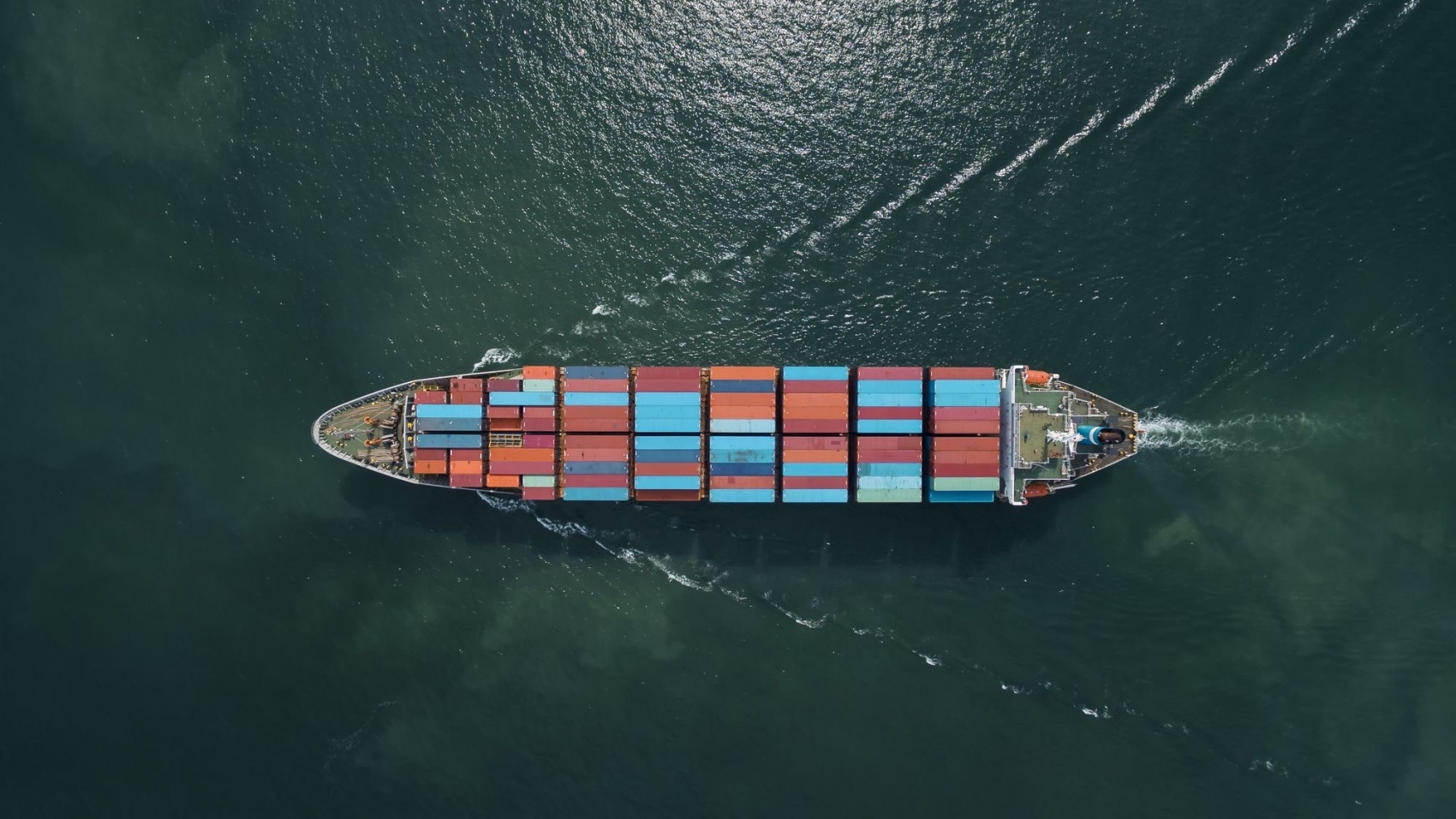The value of shares traded on the Yangon Stock Exchange (YSX) in February 2021 showed a drastic drop of K200 million against January’s trading value, the YSX’s monthly report indicated. In February 2021, K442 million worth of 77,388 shares were traded on the exchange. The figures plummeted from K640 million value of 121,893 shares registered in January. Additionally, the value of shares traded on the Yangon Stock Exchange (YSX) in February 2021 dropped by more than a third compared with February 2020 (registered K1.4 billion valued 188,919 shares), the YSX’s monthly report indicated.
At present, shares of six listed companies — First Myanmar Investment (FMI), Myanmar Thilawa SEZ Holdings (MTSH), Myanmar Citizens Bank (MCB), First Private Bank (FPB), TMH Telecom Public Co. Ltd (TMH) and the Ever Flow River Group Public Co., Ltd (EFR) are being traded on the exchange. The shares prices last month showed a downtick compared to the prices registered in January 2021. The price per share of FMI decreased from K9,700 in January 2021 to K9,300 in February 2021. Similarly, the share price of MTSH slid to K3,500 from K3,900 last year. The stock prices were remained unchanged at K8,200 for MCB and K22,000 for FPB, while TMH slightly rose to K2,800 from K2,700. The share price of EFR last month was closed at K3,350 from K3,600 in January 2021.
Amid the COVID-19 crisis, Myanmar’s securities market has been able to continue operating without stopping trading. In 2020, the value of stocks traded on the exchange peaked at K1.48 billion in February. In contrast, trading on the exchange registered an all-time low of K552.9 million in November due to the COVID-19 resurgences in Myanmar, the exchange’s monthly report showed. According to the annual report released by the exchange, a total of K12.6 billion worth of 1.87 million shares by six listed companies were traded on the exchange in 2020, a significant drop compared to 2019. Over 2.4 million shares from five listed companies, valued at K13.39 billion, were traded on the exchange in 2019.
In 2016, shares of only three companies were traded on the YSX — FMI, MTSH, and MCB. One more public company, FPB, was listed on the YSX in 2017. In 2018, TMH debuted on the exchange. EFR entered the exchange in 2020. Moreover, Amata Holding Public Co., Ltd. (AMATA) released a statement that the listing date will be postponed for a certain period of time, and the rescheduled listing date will be announced in due time, YSX notified on 26 February 2021. The stock markets worldwide have reported their largest declines since the 2008 financial crisis. Similarly, the local equities market is also scared by the COVID-19 crash, a market observer points out.
At present, people are keeping emergency savings rather than investing in the COVID-19 crisis and current political conditions, he added.
Next, the Securities and Exchange Commission of Myanmar (SECM) has allowed foreigners to invest in the local equity market from 20 March 2020.
The YSX launched a pre-listing board (PLB) on 28 September 2020 to provide unlisted public companies with fund-raising opportunities and build a bridge toward listing on YSX, stated the bourse. The YSX, a Myanmar bourse, was launched four years ago to improve the private business sector. It disseminates rules and regulations regarding the stock exchange and knowledge of share trading through stock investment seminars.
The stock exchange has also sought the government’s support to get more public companies to participate in the stock market and help more institutional investors, such as financing companies, investment banks, and insurance companies, to emerge. Amid the COVID-19 crisis, Myanmar’s securities market has been able to continue operating without stopping trading. According to the annual report released by the exchange, a total of K12.6 billion worth of 1.87 million shares by six listed companies were traded on the Yangon Stock Exchange (YSX) in 2020, a significant drop compared to 2019. Over 2.4 million shares from five listed companies, valued at K13.39 billion, were traded on the exchange in 2019.
Source: The Global New Light of Myanmar

